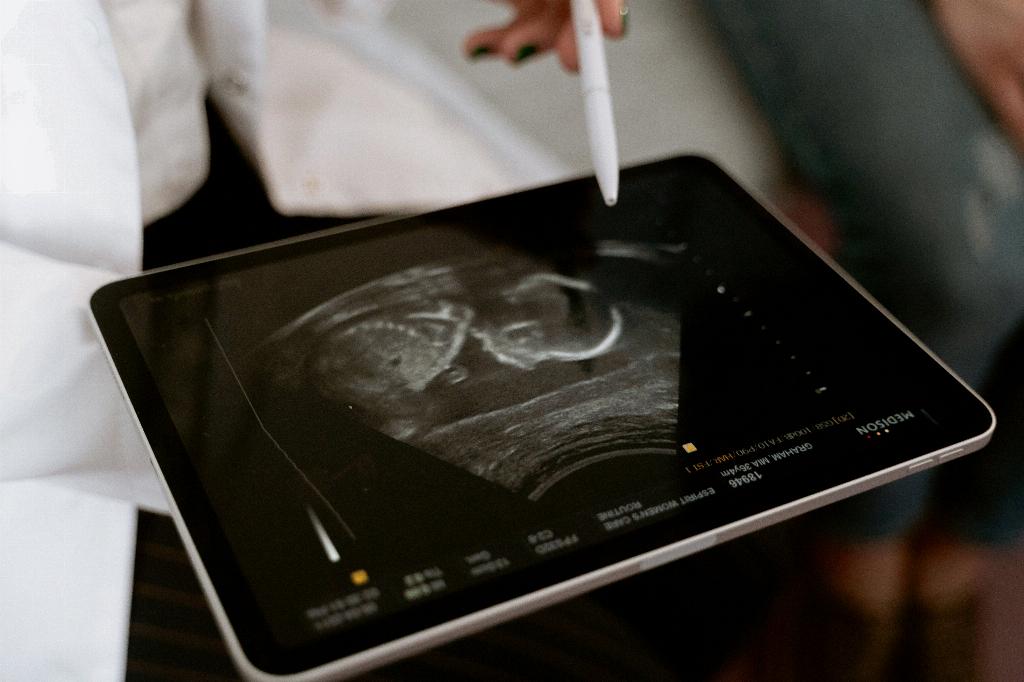Many people may wonder whether it is possible to experience pregnancy symptoms despite not being pregnant. The answer lies in a fascinating condition known as pseudocyesis, or phantom pregnancy. This rare phenomenon can lead individuals to believe they are expecting a child, even in the absence of a fetus.
Understanding Pseudocyesis
Pseudocyesis is a psychological condition where a person exhibits symptoms that mimic those of pregnancy. These may include missed periods, weight gain, morning sickness, and even enlarged abdomen. Despite the absence of a real pregnancy, the individual genuinely believes they are carrying a child.
The Complexity of Phantom Pregnancy
Phantom pregnancy is a complex interplay of psychological and hormonal factors. The mind can have a powerful influence on the body, leading to the manifestation of physical symptoms that mimic a genuine pregnancy. Hormonal changes may also play a role in perpetuating these symptoms.
Emotional Impact of Phantom Pregnancy
Experiencing phantom pregnancy can have a profound emotional impact on individuals. The belief of being pregnant, coupled with the disappointment of realizing it is not true, can lead to feelings of confusion, sadness, and even shame. It is essential for those going through this to seek support and understanding.
Factors Contributing to Pseudocyesis
Several factors can contribute to the development of phantom pregnancy. These may include a strong desire for motherhood, fear of pregnancy or childbirth, past pregnancy loss, or even societal expectations regarding pregnancy. Understanding these underlying factors is crucial in addressing the condition.
Diagnosing Phantom Pregnancy
Diagnosing pseudocyesis can be challenging, as the physical symptoms may closely resemble those of a genuine pregnancy. Medical professionals may conduct a series of tests, including ultrasound and hormonal assessments, to rule out pregnancy definitively. Psychological evaluations are also essential in confirming the diagnosis.
Treatment Options for Phantom Pregnancy
Managing phantom pregnancy involves a multidisciplinary approach that addresses both the physical and psychological aspects of the condition. Counseling, therapy, and medication may be recommended to help individuals cope with the emotional distress and disprove the false belief of pregnancy.
Support for Individuals with Pseudocyesis
Individuals experiencing phantom pregnancy require a supportive and understanding environment to navigate this challenging condition. Family members, friends, and healthcare providers play a crucial role in providing empathy, validation, and access to appropriate resources for managing the symptoms.
Preventing Recurrence of Phantom Pregnancy
After experiencing pseudocyesis, individuals may be at risk of recurrence in future pregnancies or situations where the desire for motherhood is strong. Engaging in ongoing therapy, addressing underlying emotional issues, and fostering realistic expectations can help prevent the reemergence of phantom pregnancy.
Educating the Public on Phantom Pregnancy
Increasing awareness and understanding of phantom pregnancy is vital in dispelling misconceptions and stigma surrounding this condition. By sharing accurate information and encouraging open dialogue, we can foster a more supportive and inclusive environment for individuals experiencing pseudocyesis.
Conclusion
In conclusion, while it may seem perplexing, it is indeed possible to experience pregnancy symptoms without being pregnant due to the phenomenon of pseudocyesis. By recognizing the complexities of phantom pregnancy, providing appropriate support and intervention, and promoting awareness, we can better address the needs of individuals navigating this challenging condition.

